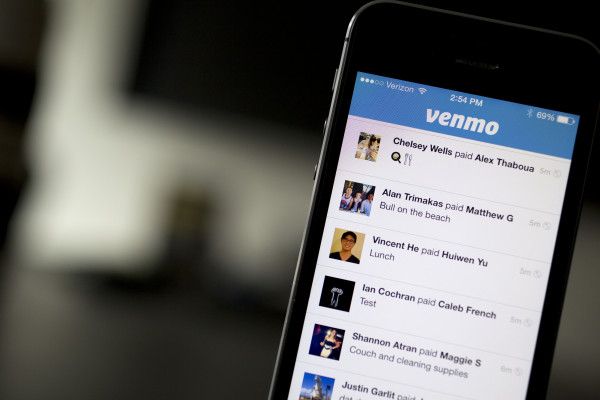Jun 16, 2019
Phosphorous and calcium in lobster will strengthen your bones
Posted by Paul Battista in categories: biotech/medical, food, health, neuroscience
There are many nutritional and delicious benefits of eating lobster. Some of them include protecting heart health, increasing energy, decreasing inflammation, speeding healing, promoting growth, boosting brain functioning and building strong bones. Lobsters are shelled marine creatures which are taking parts of crustaceans. They have the scientific name Homarus nephrops. This scientific name is the North Atlantic variety. This undersea creature is having old look and it is considered to be luxury or delicacy food in many parts of the world. Nowadays lobster is exported to many parts of the world. They are particularly popular in North America. Lobsters are delicious food but they have high prices which is a reason why they are not consumed a lot. It is important to know that the lobster has high amounts of cholesterol and sodium. If you suffer from cardiovascular issues, high blood pressure or any other health condition, then you should not consume lobster because it has minerals and nutrients which are not ideal for these conditions. Every food should be consumed in moderation. Lobster is ideal food for people to get many vitamins and minerals that are essential for their health. People who live in North American coasts can have lobster in every time because here the price of it is very low.


















